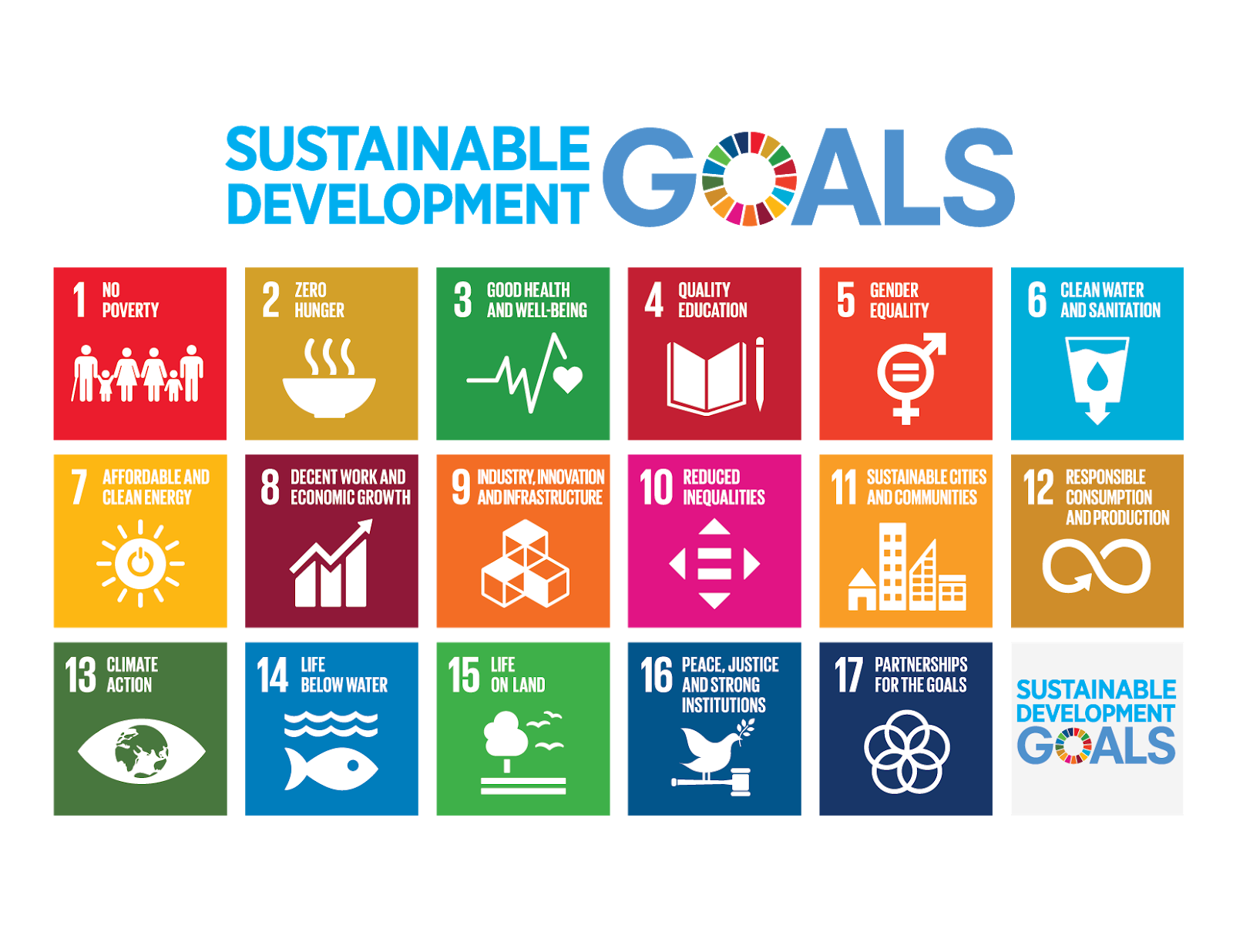The UN Global Compact is an initiative announced by the UN in 2000 to mobilize companies around the world to align their operations and strategies around ten universal principles in the areas of human rights, labor, the environment and anti-corruption. \
The UN Global Compact’s strategy for 2021-2023 prioritizes five areas the Global Compact seeks to lead and shape. These include Gender Equality (SDG 5), Decent Work and Economic Growth (SDG 8), Climate Action (SDG 13), Peace, Justice and Strong Institutions (SDG 16), and Partnerships (SDG 17). It is the world’s largest corporate sustainability initiative as well as a global movement. ICL is a participating member of the United Nations Global Compact since November 2021. We have committed to embed the UN Global Compact initiative and its principles into our strategy, culture and day-to-day operations.
As part of our commitment, ICL is engaging in collaborative projects to advance the UN’s SDGs.
ICL’s President and CEO signed a letter of commitment regarding the Ten Principles of the UN’s Global Compact initiative in October 2021. Since then, we have actively participated in the UNGC’s Communication on Progress (as an early adaptor). We are implementing these principles into our company strategy, culture and operations. We are also strongly committed to decent Work and Economic Growth (SDG 8), Gender Equality (SDG 5) and Climate Action (SDG 13). As evidence of the same, we established specific targets regarding women in senior management (see CEO’s statement of support for the Women’s Empowerment Principles) and reducing GHG emissions. For more on ICL’s contribution and impact on the SDGs, please search for specific SDGs in our SDG search app on the top right corner of any page in this report.






